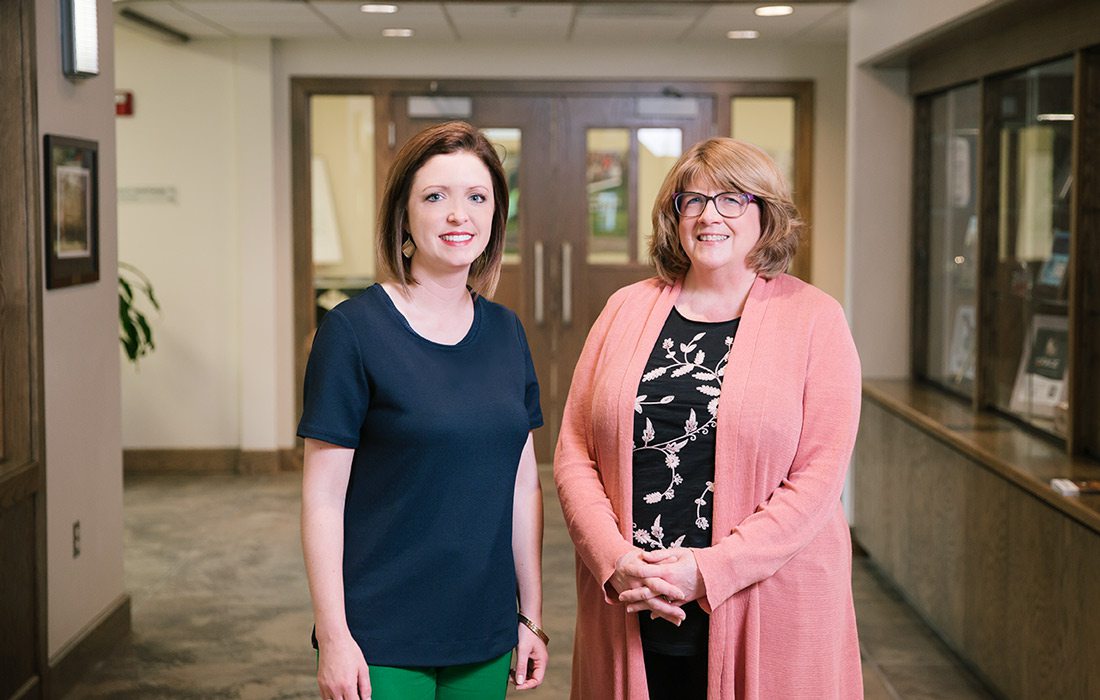
Culture
Giving Back with the Community Foundation of the Ozarks
Successful corporate giving programs require processes and personnel. Luckily, the Community Foundation of the Ozarks is here to help.
By Lucie Amberg
Jul 2019

When it comes to corporate giving, many companies find it’s easier said than done. It can be difficult to determine which nonprofits best align with the company’s mission. There are also IRS guidelines to navigate, and the need to fit the giving program into the corporation’s established budget cycle. The Community Foundation of the Ozarks (CFO) specializes in smoothing out these challenges. CFO offers corporate giving funds, a type of donor-advised fund tailored for the charitable goals of businesses.
Louise Knauer, CFO’s chief operating officer, says this program allows companies to control the timing and the goals of charitable giving. At any point in the year, a company can designate a certain amount for the fund. This money becomes tax deductible at the time it is transferred to CFO. Then, as needs for the fund arise, the company approves donations. CFO handles all administration and distribution processes.
Jane Martin, owner of Scott’s Concrete, values the program’s efficiency and says CFO does all the accounting and provides a statement of her giving at her request. Since establishing its fund in 2015, Scott’s Concrete has approved 122 grants—with a focus on at-risk children and animal welfare. Letting CFO handle these grants saves time and money.
“CFO is the expert in local charitable activity, and we can be as involved as people like,” says Winter Kinne, CFO’s vice president of development. For example, if a company wants to focus on certain issues, such as education, homelessness or food security, CFO can offer recommendations. “We don’t make the decisions,” Kinne says, “but we can serve as a consultant."
CFO can even help if a company’s charitable goals extend beyond the region. Any 501(c)(3) in the United States is eligible to receive funds. “It’s like pre-funding charities I would support anyway and simultaneously diminishing my tax burden,” Martin says.












